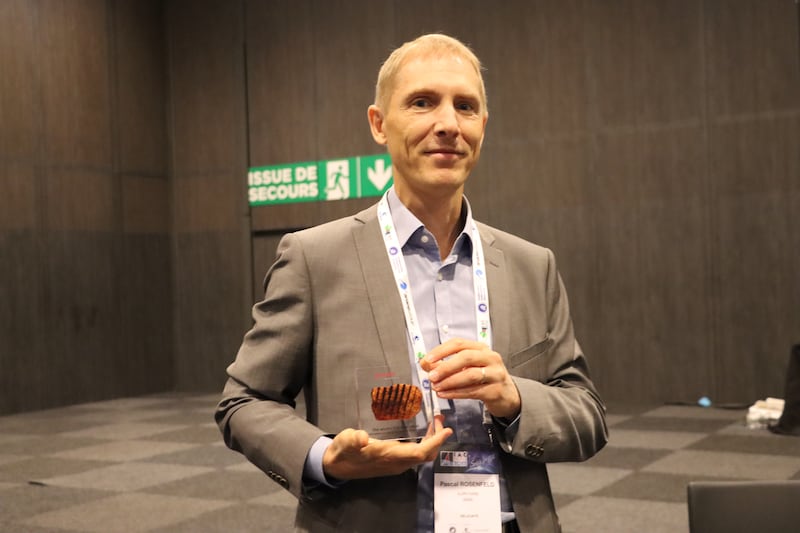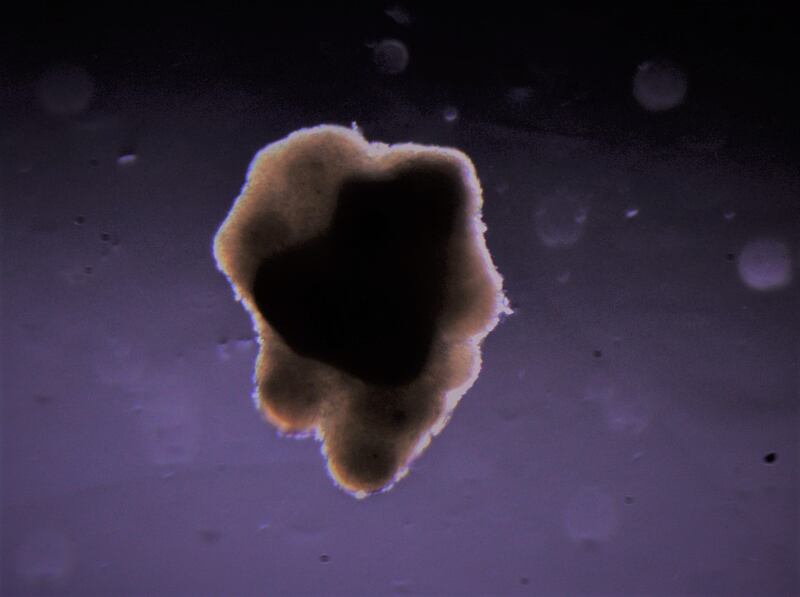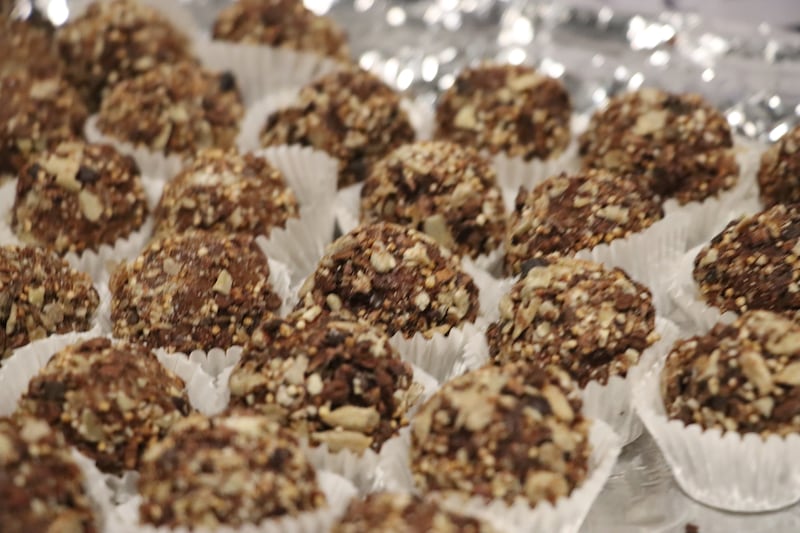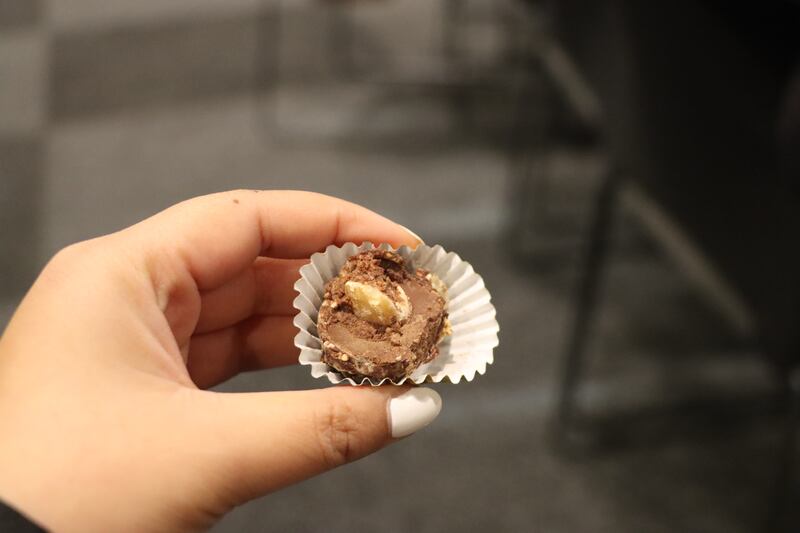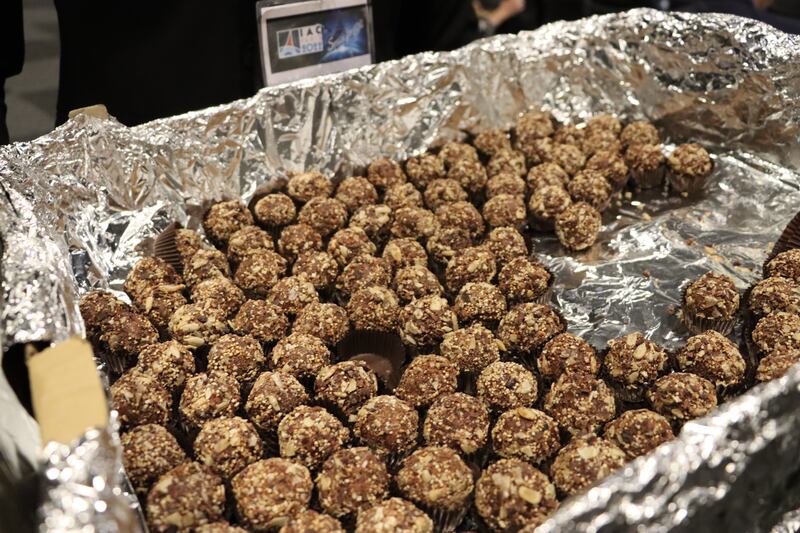For decades, astronauts have been eating dehydrated or liquefied food that leaves a foul taste in the mouth.
Food has to be prepared in that way because it needs to have a longer shelf life, and comes in small packets and tubes for easy storage.
American astronauts have started to grow their own vegetables in space, but the menu on the International Space Station still lacks meals that make space travellers feel at home.
Private companies are now trying to change that.
Aleph Farms, a food company in Israel, has produced solid meat from harvested cow cells that can be grown and consumed in space, including halal meat, which should have a longer shelf life than conventional meat.
They are trying to get Food and Drug Administration and Nasa approval, so their food items can be added to the astronauts’ menu.
Another company, Astreas, has produced chocolate truffles that have a pleasant taste and plenty of nutrients.
During a space food panel held at the International Astronautical Congress in Paris on September 20, speakers from these companies shared their plans.
Shahreen Reza, chief executive of Astreas, said that their chocolates pack numerous vitamins into the tiny treat.
“The idea is how do you address the fact that there micronutrient deficiencies ― a lot of astronauts are deficient in vitamin D,” she said.

“Two bites will give you everything that you need in terms of vitamin D, folate, B6, B12, and in addition to that, we have nootropics for your brain health.”
Ms Reza said chocolates were one of the most in-demand treats by astronauts and that they should also get a "great food experience" in space, where they live for several months.
“Food has this amazing ability to travel through space and time. When you eat something, it can just immediately take you back to your childhood,” she said.
“So, we spoke with many astronauts, and they talk not just about the joy of nostalgia, but the camaraderie when we're feeling alienated in space.”
Pascal Rosenfeld, deputy vice president of space and new ventures at Aleph Farms, spoke about the meat they are producing.
The company isolates cells from healthy animals to grow tissues, which are then formed into steaks.
“This has been possible because of biotech and food tech,” Mr Rosenfeld said.
“We’re currently working on beef and we are also doing some research on lamb and pork.”
To produce the meat, researchers take cells from a cow, give them nutrients and place them in an environment that mimics the inside of a cow’s body.
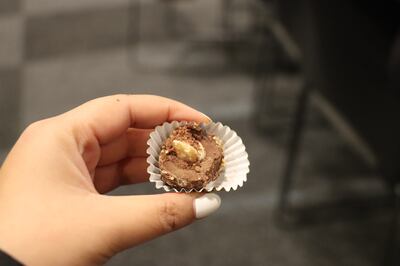
This helps the cells to multiply and grow connective muscle tissue, eventually becoming a full-sized steak.
In 2019, the company assembled micro-tissue on the International Space Station, becoming the first to grow meat in space.
They collaborated with a Russian bioprinting company and assembled the muscle tissue in a 3D bioprinter under micro-gravity conditions.
Private companies are increasingly tapping into this market as access to space grows for government astronauts and private citizens.
Even though the ISS will retire at the end of this decade, there are plans to build commercial space stations that will create access for astronauts, tourists and researchers.
Jeff Bezos’s Blue Origin has plans for the Orbital Reef station, which would act as a “mixed-use business park”.
Nanoracks, Lockheed Martin and Voyager Space hope to develop the Starlab station.
Deep-space travel would also need food that gives astronauts nutrition, but also “excites their senses”, according to Annahita Nezami, a chartered psychologist.
“Alongside the physiological, emotional and psychological stresses, the immune system may be suppressed, as well as your appetite.
“We need to have food available in a way that can allow them to get the nutritional value they need but also get enjoyment.”
